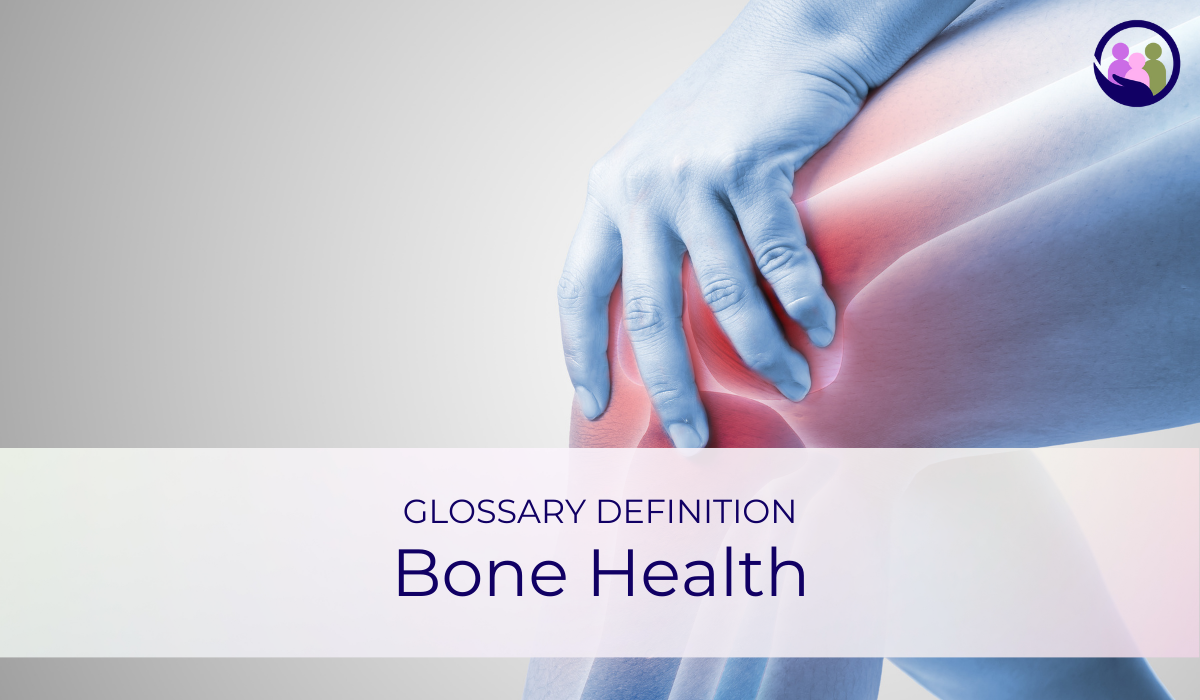As our loved ones age, it becomes increasingly crucial to pay attention to their overall well-being, and one aspect often overlooked is bone health. Bones play a fundamental role in supporting our bodies, and maintaining their strength becomes even more essential in the elderly.
In this article, we will explore the importance of bone health in aging parents and provide practical tips to ensure they can enjoy a healthy and active lifestyle.
Understanding Bone Health in the Elderly
Aging leads to a natural decline in bone density, making bones more susceptible to fractures and breaks. A common concern for the elderly, osteoporosis is a condition where bones become fragile and porous, increasing the risk of fractures.
Nutritional Support for Bone Health
Adequate calcium is crucial for maintaining strong bones. Include dairy products, leafy greens, and fortified foods in their diet. Vitamin D is essential for calcium absorption, so ensure your parents get enough sunlight exposure. Consider vitamin D supplements if needed. Also, incorporate protein-rich foods like lean meats, beans, and nuts to support bone health and muscle mass.
Regular Physical Activity
Encourage weight-bearing exercises like walking, jogging, and dancing to strengthen bones and improve overall fitness. Include strength-training exercises using weights or resistance bands to enhance muscle strength, which indirectly benefits bone health.
Fall Prevention Strategies
Make necessary adjustments at home to reduce the risk of falls, such as installing handrails, using non-slip mats, and removing tripping hazards. Poor vision can contribute to falls. Ensure your parents have regular eye check-ups and update their eyeglass prescriptions if needed.
Regular Health Check-Ups
Schedule bone density tests as recommended by healthcare professionals to monitor and address any signs of osteoporosis. It’s important to know that some medications may impact bone health. Consult with healthcare providers to evaluate and adjust medications if necessary.
Adequate Hydration
Staying hydrated is important for overall health, including maintaining the health of bones and joints.
Conclusion
Prioritizing bone health in elderly parents is a proactive approach to ensuring their well-being and quality of life. By focusing on nutrition, physical activity, fall prevention, regular health check-ups, and hydration, you can contribute to the foundation of strong and resilient bones. Taking these steps not only supports their bone health but also promotes an active and fulfilling lifestyle in their golden years.
We'd love to hear your thoughts and experiences! Please share your tips, stories, or any questions you might have about maintaining bone health in elderly parents in the comments below. Your insights not only enrich our community but also help others in their journey towards better bone health for their loved ones.
Caregiver Bliss Glossary
Ready to deepen your understanding of the elderly family caregiver industry? Don't miss out on our comprehensive Caregiver Bliss Glossary, a treasure trove of definitions and insights. Visit our glossary page now to explore a diverse range of terms and concepts that will enrich your knowledge and empower your caregiver journey.
Free Caregiver Bliss Weekly Email Newsletter
 Are you a dedicated family caregiver looking for valuable resources, support, and advice to enhance your caregiving journey?
Are you a dedicated family caregiver looking for valuable resources, support, and advice to enhance your caregiving journey?
Look no further! Our Caregiver Bliss Weekly Email Newsletter is designed to provide you with the latest insights, tips, and updates tailored specifically for family caregivers like you.
Sign up now and gain access to a wealth of information and support that can help you navigate the challenges and joys of caregiving.

